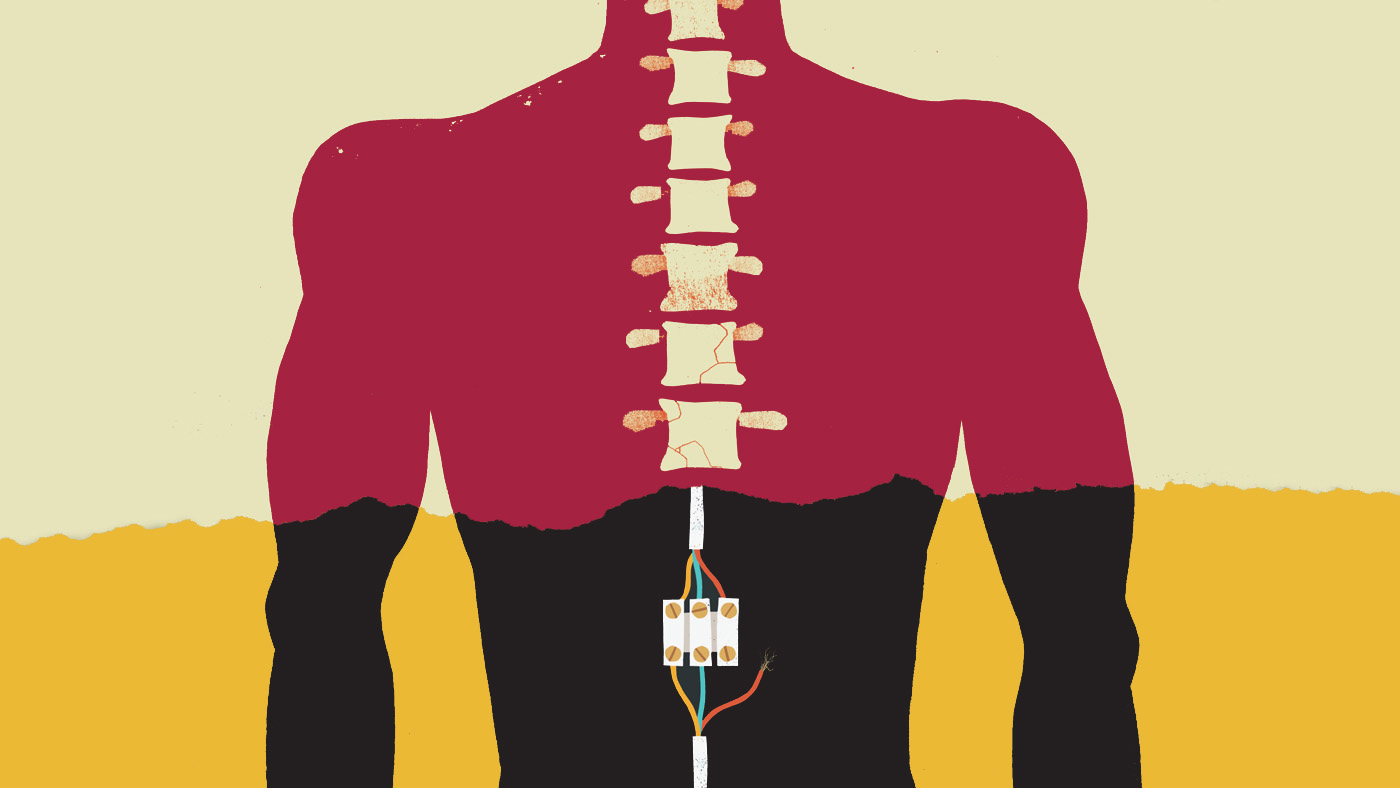Big sigh. It’s happened again. Yet another German university has caved rather than stand its ground.
Leipzig University has cancelled a guest lecture by the Israeli historian Prof Benny Morris, who was set to speak about the 1948 war and jihad on December 5.
Now Morris has been uninvited. Or, to quote the university website’s euphemism: “The lecture is dropped from the agenda”. It should have read: “We’ve capitulated to the mob”.
The Institute of Practical Theology justifies the decision as follows: “Unfortunately, Prof Morris has recently expressed views… that could be read as hurtful and even racist. This has led to understandable, but… frightening protests.”
Interestingly, they also insist that “science thrives through the exchange of diverse ideas, including those that are challenging or uncomfortable. We trust that our students will be able to engage constructively and critically with the guest speaker.”
Engage? Oh, the irony. When in fact the university robbed its students of that chance.
The reasoning: “Several groups demanded the cancellation. In addition to the security concerns that have arisen, the aforementioned points mean that Prof Benny Morris’ lecture will not take place.”
Security concerns? In Leipzig? I hadn’t realised they had run out of police…
Leipzig, of all places, should know better. It always prided itself on being the Bürgerstadt, a civic city.
Thirty-five years ago on September 4, 1989, it was in Leipzig that citizens kicked off demonstrations that eventually helped to topple the one-party-regime. A month later, on October 9, it was 70,000 brave Leipzigers who overcame their fear of repression and marched right past Stasi HQ.
But no shots were fired and images of the mass protest were smuggled to West Germany. The evening news (secretly watched by millions of East Germans) showed the footage, and it became an incentive for other places in the GDR to imitate the people of Leipzig. The rest is history.
Today, however, there is apparently no place for a history professor at the university. Morris, a well-informed friend from Israel writes, “is one of the greatest historians of our time, a super-duper expert on the Israeli-Palestinian conflict, who says things both sides are not happy to hear sometimes.”
Which could be an indicator that he’s right on target. But even if he were completely off the mark: isn’t university all about “let’s discuss”?
Earlier this year, the LSE’s Law School hosted Morris. Both the dean and the guest were shouted at for half an hour. But the lecture went ahead.
In Leipzig, students couldn’t challenge him or judge for themselves. A rejection Morris himself called “cowardice and appeasement par excellence”, according to Haaretz.
Morris is an academic who has influenced Israel’s history curriculum like few others: his uncomfortable research on the expulsion of 700,000 Arabs in the war of independence successfully challenged longstanding narratives. Now, thanks to Leipzig University’s daft decision, I will finally order his book about 1948.
Sadly, Leipzig isn’t an isolated incident. Humboldt University Berlin, for instance, cancelled a lecture by a young biologist on the biological existence of two sexes.
There’s also the creeping pressure on freedom of expression from China exerted through Confucius Institutes – some of which German universities have wisely shut down. All in all, the broader problem is neither a new nor a national phenomenon.
The question is, how can academic institutions learn from others to develop a backbone and not let intimidation become routine? Because higher education isn’t just about the degree. It’s about challenging assumptions, developing critical thinking and mastering robust debates without social censorship. In short, the glue that holds free and open societies together.
It’s bad enough that fellow students are policing each other over a Starbucks cup (“So you support genocide?”). But when university staff fail to stand up for academic freedom (a constitutional right in Germany), it’s beyond pathetic.
One trend that hasn’t yet reached Germany is the introduction of “micro-aggression prevention” training for academics who have raised an eyebrow after a wrong answer from a student. Frankly, when it does, I won’t have much sympathy for professors forced to sit through it. After all, some of them are the very people teaching students how to shut down discussion.




